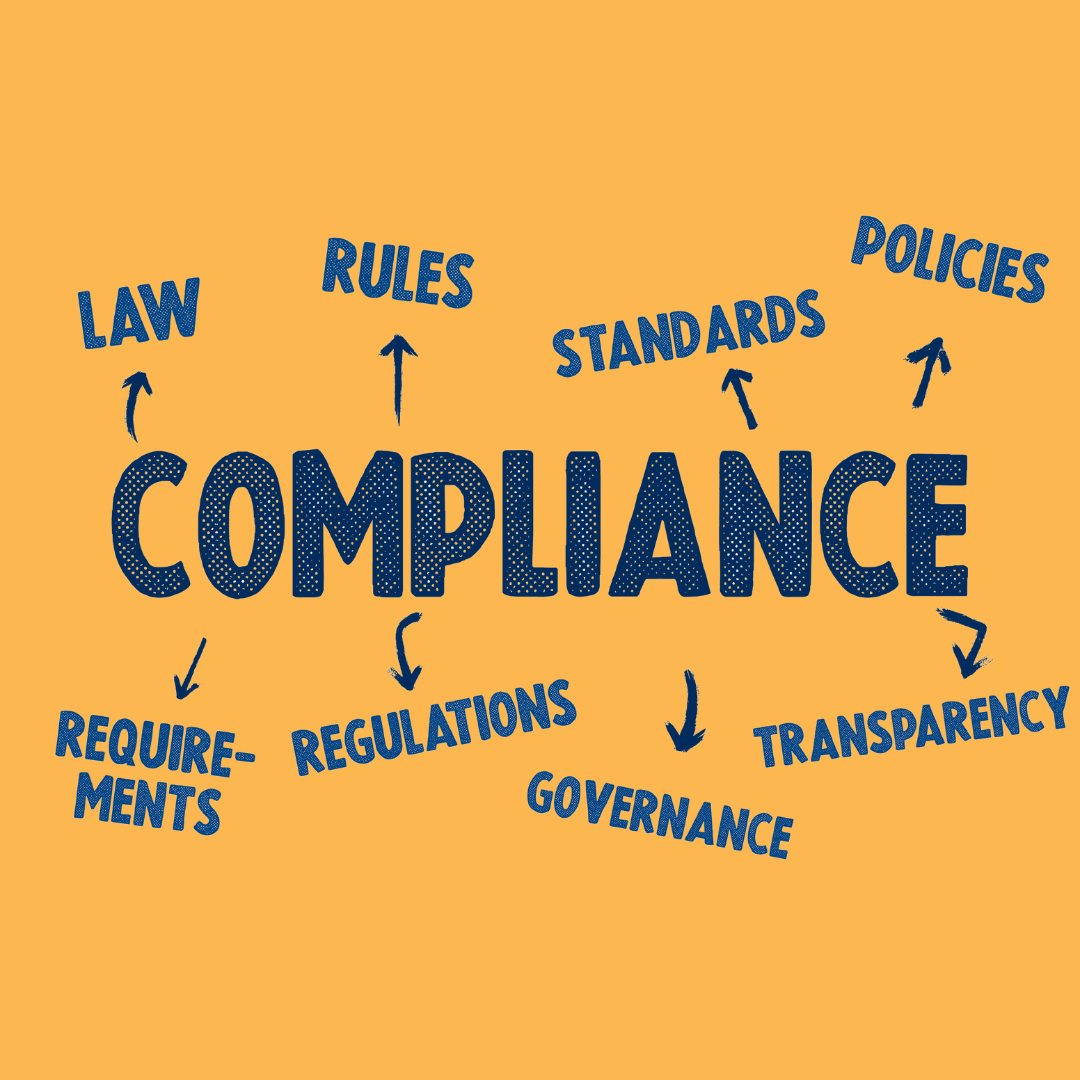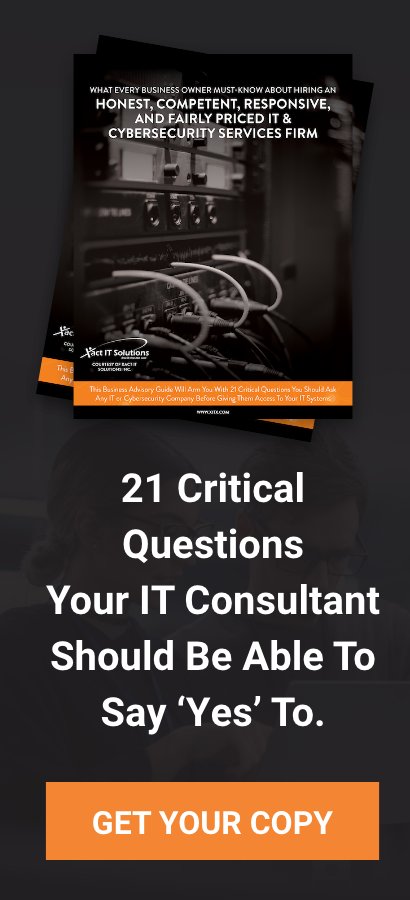Ensuring the success of a business involves more than just developing a great product or service and hiring competent staff. Compliance with industry regulations is critical and failure to do so can prevent a business from even starting. Compliance standards are policies or regulations that businesses must follow to satisfy statutory, regulatory, or industry requirements. These principles protect the rights and interests of stakeholders and ensure ethical conduct. Non-compliance can lead to fines, legal action, and other serious consequences.
National Institute of Standards and Technology (NIST)
For example, the National Institute of Standards and Technology (NIST) has created a voluntary Cyber Security Framework with five essential tasks to better manage and lower cyber security risks. It is based on the following five essential tasks:
1. Identify. Understanding the organization's cyber security threats, resources, and those in charge of them is crucial.
2. Protect. Companies can protect themselves from rising risks by putting in place the essential protections to defend the assets of the company against security threats.
3. Detect. Knowing when a security event happens is crucial. This duty entails tasks like examining logs and keeping track of network activity.
4. Respond. People can eliminate the threat and recover from it by responding to security issues as they happen and controlling the incidents.
5. Recover. Organizations need to know how to resume normal operations once a security event occurs, as well as how to recover their systems and data. People frequently learn the value of putting precautions in place to make sure that similar tragedies don't happen again through this process.
Health Insurance Portability and Accountability Act (HIPAA)
In addition, the Health Insurance Portability and Accountability Act (HIPAA) requires healthcare providers and plans to protect the security and privacy of PHI. HIPAA regulations cover administrative, physical, and technical protections for electronic PHI and guidelines for handling and sharing PHI.
Cybersecurity Maturity Model Certification (CMMC)
The Department of Defense has also created the Cybersecurity Maturity Model Certification (CMMC) guidelines to safeguard controlled unclassified information. All DoD contractors and subcontractors that deal with CUI must have a CMMC, which involves following specified procedures and practices at each of the five levels of maturity.
As a business executive, it's important to be aware of these compliance standards and take the necessary steps to ensure your business complies with them. Obtaining certification may require significant effort and resources, but the consequences of non-compliance are much greater.



